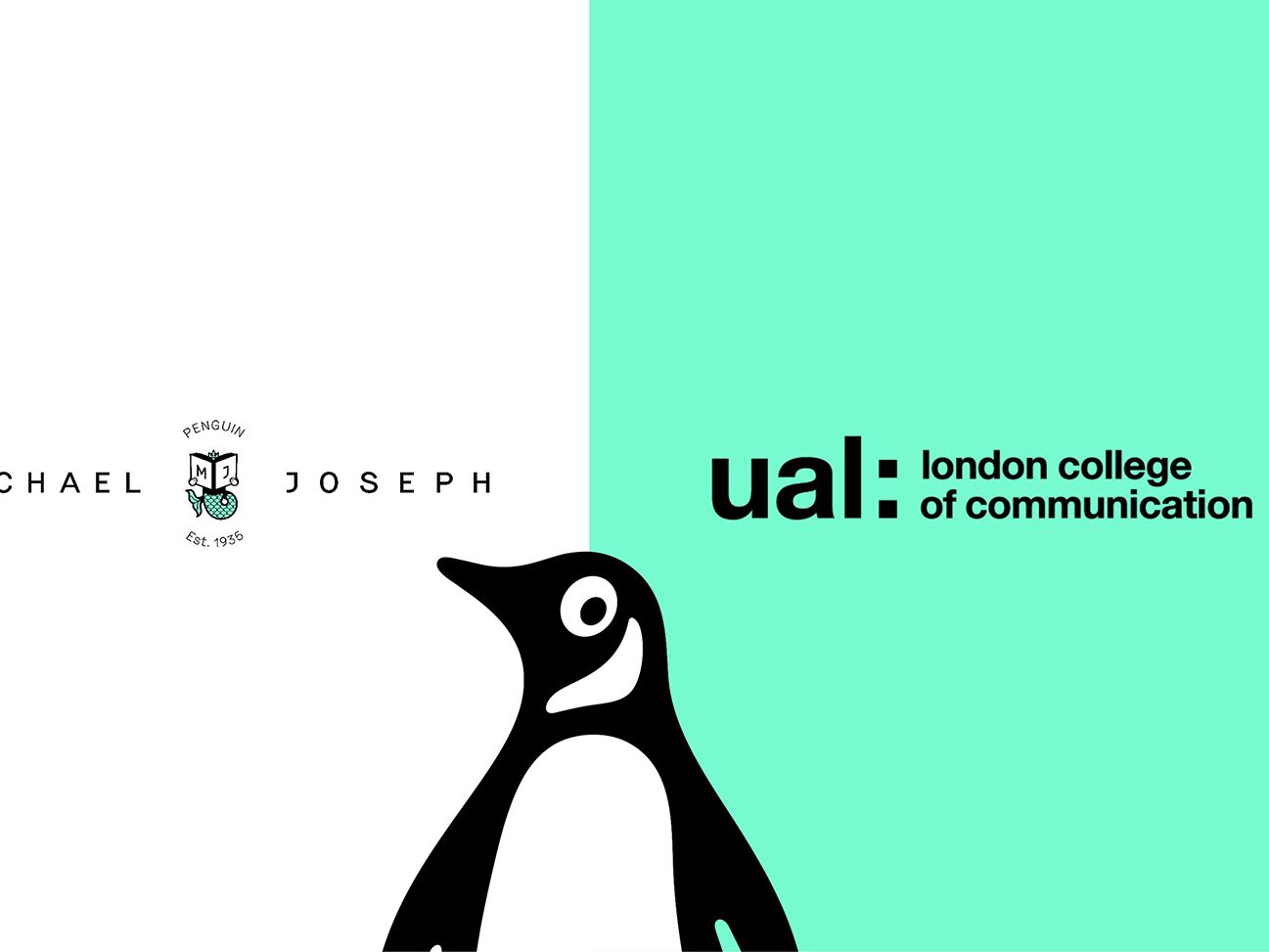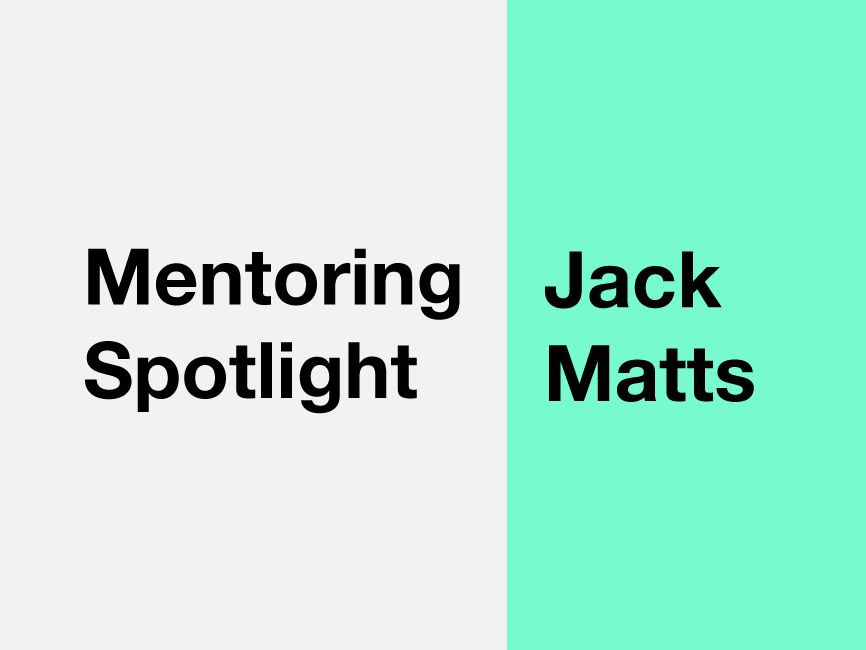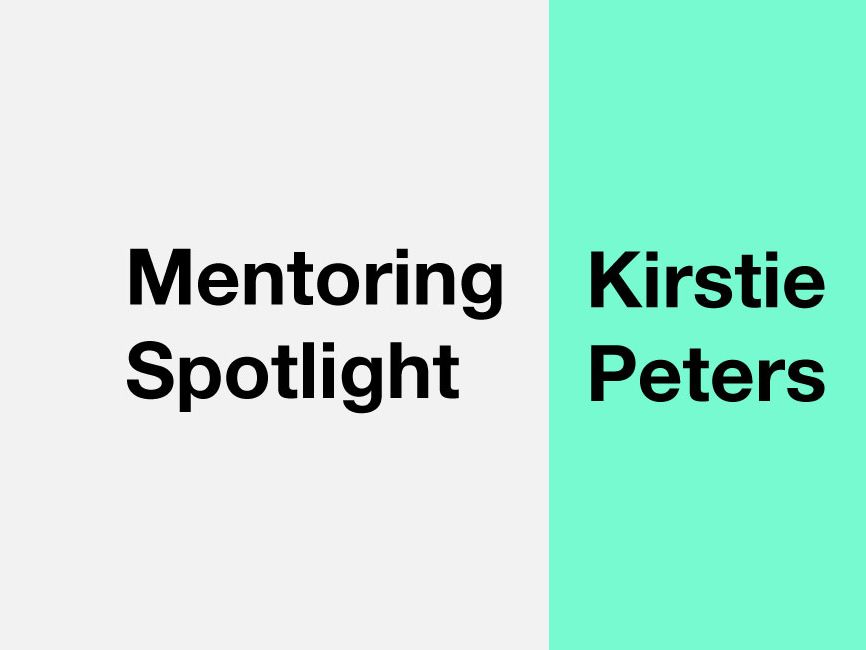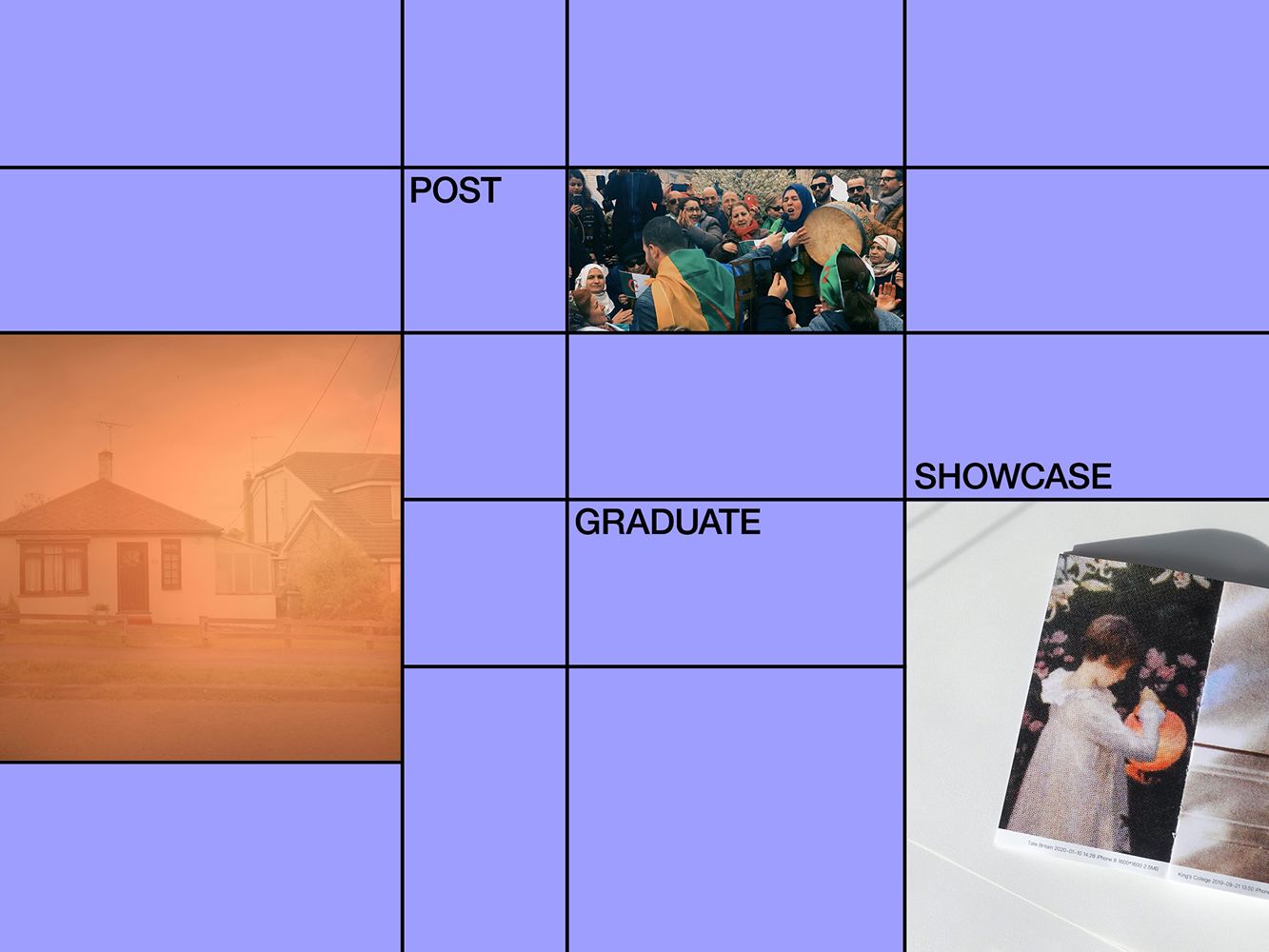
London College of Communication students connect with publishing mentors at Penguin Michael Joseph
We chat to the team at Penguin Michael Joseph to discuss how their mentoring initiative has enabled them to support emerging creatives at LCC.
Mentorship is a key tool for supporting students throughout their journey from education to industry. Bringing together professional insights, connections and expertise, mentors can support emerging creatives to navigate the first steps of their careers, developing their understanding of chosen sectors while providing invaluable guidance during what a daunting period of their lives.
London College of Communication (LCC) has collaborated with renowned publishing house, Penguin Michael Joseph, to develop a mentoring initiative that matches MA Publishing and BA (Hons) Magazine Journalism and Publishing students with team members across Editorial, Communications, Sales and Design.
Through a series of 1:1 digital sessions, both mentor and mentee are given the space to share their knowledge and their experiences, opening up opportunities for discussion on creative thinking, the contemporary job market and ways to explore the publishing landscape.
We chatted to recent MA Publishing graduate and Penguin Michael Joseph mentee, Julia Ramrath, about her profound love for books and reading, the ways in which her mentoring experiences helped her to feel more prepared for the future, and her tips for other students interested in exploring the world of publishing.
I think it’s a bit of both. I've always loved books, and my family – especially my grandfather – has always encouraged me to write, so I spent entire summers just reading and writing stories.
When it came to choosing a BA, I was torn between creative writing and media, culture and journalism, the latter of which I pursued. Looking back at both options, I believe that both would have been equally as great for my development and, most likely, would have led me into publishing.
In the third year of my BA, I actively decided that I’d love to work with books because my love and appreciation for them never faded, so when I started engaging in more research and finally realised that there was an MA course that combined my interest in books and magazines with such a great curriculum, I think that’s when it hit me: ‘This is what I want to do. This just feels right.’
I think my own interests in books are very broad. I love fictional novels equally as much as non-fictional ones. My mentor has taught me to work in an area that interests me and gets me excited, so that’s something that I want to stick to.
Our Course Leader, Frania Hall, has done an incredible job at promoting the opportunity and encouraging us to take part.
I thought that it would be a great way of getting to know an industry I'd like to enter by learning from someone that works there, which has proven to be true.
We ended up meeting 4 times up until February. While we did have a structure that was broadly inspired by my ‘goals’ or ‘aspirations’ for these sessions, we spent a lot of time simply talking about the industry and my mentor’s day-to-day life at Penguin. This put me in a position where I was able to evaluate my own skillsets – specifically, things I could highlight in future applications.
In later sessions, we dove deeper into job adverts that I was interested in, and discussed what my applications should look like for those roles.
I think the highlight was having the opportunity to meet my mentor. I was lucky enough that parts of her own work experience were quite similar to mine, so from very early on, I felt like there was a connection between us, and I could very much identify with her and her advice.
Apart from that, her advice on applications was incredibly helpful and generally made me feel more at ease. I think when you’re just leaving uni and applying for jobs (especially in the middle of a pandemic), the process can feel quite daunting. Having someone within the industry who could guide you through the process and share their wisdom with you was quite a relief.
Working in a fast-paced, collaborative environment has to have been one of my highlights. We worked on quite a few projects that match this description, and regardless of how challenging they seemed at times simply due to the extent of our plans, watching those products come alive was incredible.
With the immense diversity of our backgrounds - in terms of education, nationality, etc. - we all brought so much to the table. An intermingling with so many incredibly talented people put me in a very different mindset. It’s hard to explain, but I definitely felt very inspired, and there was an openness to learn not only from lecturers but also from each other.
Acquiring new skills like bookbinding and printing was just one of the many outcomes of that, while meeting amazing people and making great friends was another.
I work for an architecture, design, and lifestyle magazine, so for the majority of my days, I’m contributing to exciting projects there. In terms of my own projects, a lot of my work is just meant to be a creative outlet for personal use rather than sharing.
Moving forward, I’d like to eventually work for an English-speaking book publisher, although after finding my passion for writing again at the magazine, I could also see myself doing something similar in the future too.
It’s quite tricky to predict the future, especially during a pandemic, but I’m confident that thanks to our course, we’re well-equipped for whatever lies ahead.
I think it’s very easy to underestimate the amount of work and dedication that goes into the making of books and magazines, so learning about the topic may seem intimidating at first. The most important thing to remember is that this feeling is normal, and simply shows that there's a lot of room to grow and learn.
It seems obvious and yet a little contradictory, but to learn about books, you’ve got to read them – or websites, journals, and other objects of interest. Educating yourself about the topics will help you find gaps in your knowledge and set yourself goals for the future - especially if you’re going into an MA degree. It’s incredibly important to check in with yourself and take accountability for your own learning experience; however, at the end of the day, nothing will ever teach you as much as the real-life experiences of professionals, and of your own, too.
Lastly, I think seeing a lot of incredibly talented and creative people around you can be intimidating, so confidence is key. Remember what you’re bringing to the table. There’s a reason you think you would be a great addition to the industry, and so will a lot of the people around you. There’s also always room to grow and improve. Make sure the 2 aspects are in a healthy balance, and soak the information and experiences offered to you up like a sponge.

We chat to the team at Penguin Michael Joseph to discuss how their mentoring initiative has enabled them to support emerging creatives at LCC.

We chat to MA Publishing student Jack Matts about his experience of taking part in the Penguin Michael Joseph mentorship initiative.

We chat to MA Publishing student Kirstie Peters about her experience of taking part in the Penguin Michael Joseph mentorship initiative.

To celebrate the work of our newest graduates, leading creatives Louise Moore, Domenic Lippa and Gary Knight select their highlights from LCC’s Postgraduate Showcase.